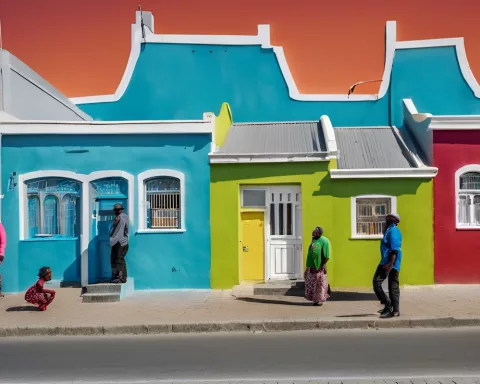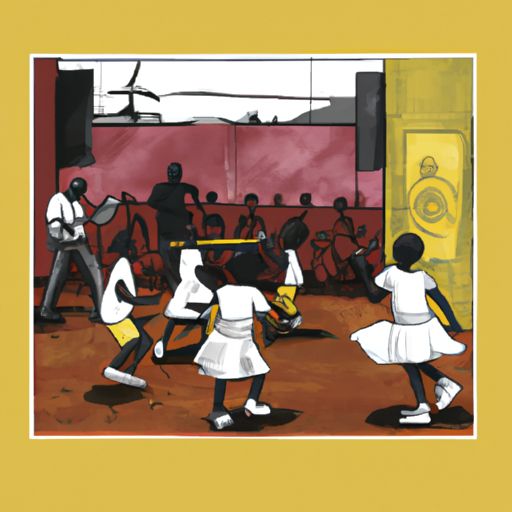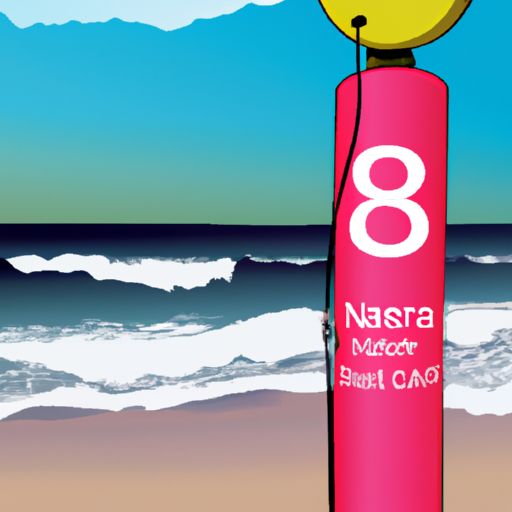The South African public health sector is currently facing a crisis that impacts everyone, particularly the most vulnerable members of society. Doctors are overwhelmed by the patient loads, lack of support and backup, and the need to work extended hours. Consequently, healthcare quality has deteriorated, and the poor and vulnerable bear the brunt of the situation. Nevertheless, amidst the challenges, there are also stories of hope and resilience that deserve recognition.
Challenges Confronting the Public Health Sector
Presentations of the annual performance plan to the parliamentary portfolio committee on Health have highlighted the significant issues facing South Africa’s public health sector. Since 2018, the Department of Health has spent an alarming R2 307 196 521.77 on legal costs for medico-legal claims, with almost half of this amount spent in Gauteng alone. Exhausted doctors who cannot function optimally are less likely to provide quality care, affecting the provision of quality healthcare.
Additionally, a lack of infrastructure maintenance, medical resources, limited budgets, and staff shortages have severely strained access to quality healthcare. South Africa’s doctor-to-patient ratio is below one doctor for every thousand patients, significantly lower than the United Kingdom, India, Brazil, and Mexico. The Health Professionals Council of South Africa (HPSCA) reports only 30,634 general practitioners, 16,698 specialists and subspecialists, and 3,021 surgeons and pediatricians registered. Moreover, out of 181,277 nurses trained since 2013, only 52,542 were appointed in the public health sector. This professional medical shortage has led to declining healthcare quality in recent years.
The National Health Insurance (NHI) Bill’s Role
Dr. Siphiwe Mndaweni, CEO of the Office of the Health Standards Compliance (OHSC), has stated that staff shortages at the institution will hamper the number of health facilities that can be inspected yearly to measure health compliance and issue compliance certificates. This has also hindered the re-inspection of non-compliant facilities from ensuring correction and improvement. In addition, non-compliant facilities are not allowed to be members of the National Health Insurance (NHI) Bill.
Although the ANC government asserts that the NHI Bill will resolve the health crisis, it will exacerbate the problems of the already overburdened system. As a result, the District Attorney’s office never stops asking pertinent questions about this ongoing issue. They also state that they will never stop seeking legal opinions and working to find workable solutions to the disorder the government has wrought within the Department of Health.
A Bright Future
Despite the challenges the public health sector faces, stories of hope and resilience merit recognition. Many healthcare professionals work tirelessly to provide quality patient care, often going beyond their job descriptions. They are true heroes, and their dedication and compassion inspire us all.
Furthermore, numerous organizations and individuals are working to address the challenges facing the public health sector in South Africa. Community groups, non-profit organizations, and healthcare professionals are devoted to enhancing healthcare access and quality for everyone. Their efforts are making a significant difference in the lives of many South Africans, and they deserve our support and appreciation.
The South African public health sector urgently requires reform. The issues the system confronts are numerous and complex, but the stories of hope and resilience that deserve recognition also exist. The government must address the present challenges and find practical solutions to provide quality healthcare to all citizens. We all have a role to play in this effort, and by working together, we can create a healthier and more equitable society for everyone.












